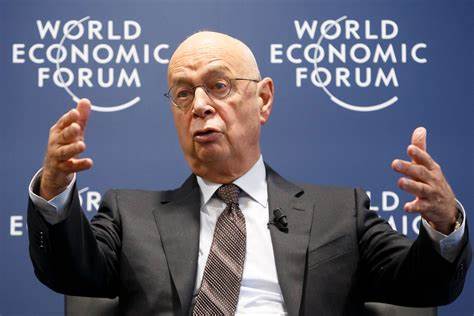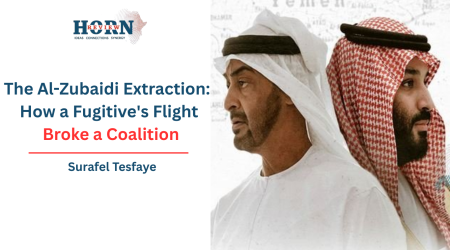
21
Apr
Klaus Schwab’s Departure from the World Economic Forum: The End of an Epoch, the Unraveling of a Vision
Klaus Schwab’s resignation as chairman of the World Economic Forum is more than a ceremonial passing of the torch, it is the quiet denouement of a decades-long project to engineer global consensus from the summit of power. His departure closes the chapter on an era in which Davos positioned itself as both stage and sanctuary for an elite-driven vision of globalization.
For over fifty years, Schwab presided over the Forum with the conviction that dialogue among political, corporate, and intellectual elites could shape a more coherent, cooperative world. His doctrine of “stakeholder capitalism” sought to embed social responsibility within the logic of markets, an ambition as admired as it was contested. Critics saw in the Forum a self-reinforcing echo chamber, one that too often insulated itself from the disruptive undercurrents of inequality, populism, and systemic disenfranchisement.
Now, as Schwab exits amid accelerating geopolitical fragmentation, institutional fatigue, and the waning legitimacy of technocratic solutions, the WEF confronts an existential dilemma. Can it transcend its identity as a symbol of elite consensus and reimagine itself as a relevant node in a decentralized, contested, and increasingly post-liberal global order?
Schwab’s departure may not mark the end of Davos, but it does force the Forum to reckon with its own mythology, and with the world it helped shape but can no longer presume to steer.










